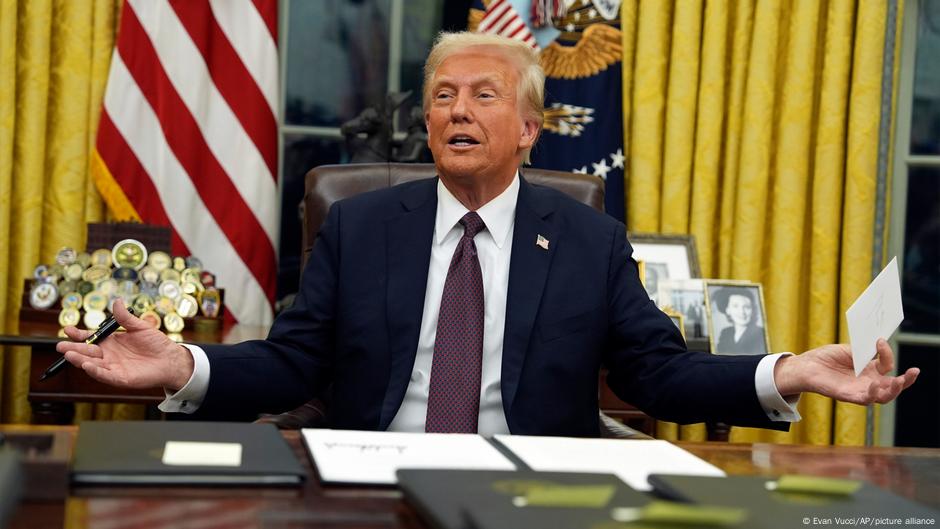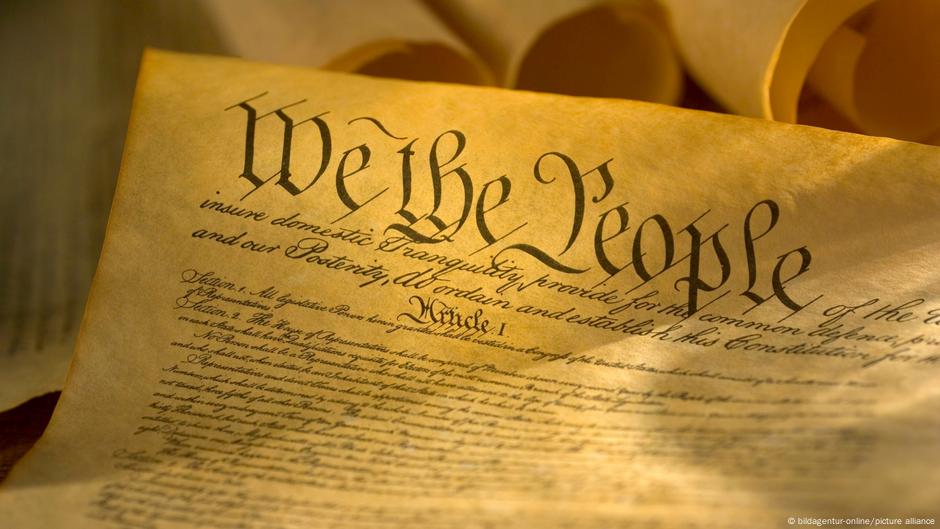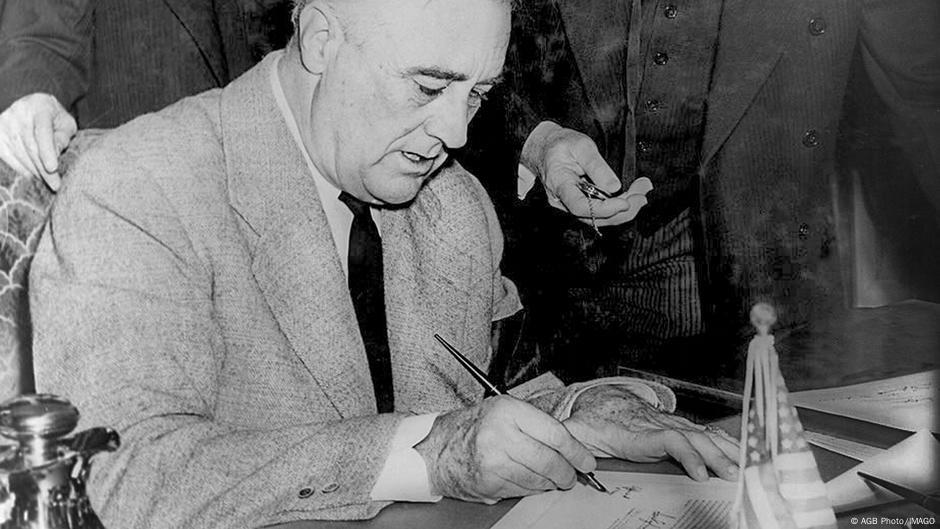The U.S. Constitution prevents presidents from serving more than two terms, yet Donald Trump seems intent on running again regardless. He claims there are ways around this rule. Furthermore, his past actions suggest he isn’t overly worried about legal constraints.

Even prior to his re-election as the U.S. president, Donald Trump occasionally toyed with the notion of staying in power longer than the two-term limit set by the U.S. Constitution. Some signs suggest he might be considering this seriously. Recently, when speaking to reporters at the White House, he mentioned that “some people” had been urging him to run for another term. In response to whether he was interested, he stated, "I haven’t really thought about it; they claim there’s a method to make it happen though.”
During a telephone conversation with NBC News, he did not dismiss the idea of pursuing a third term. "I enjoy my work," he stated. "I'm not joking."
The US Constitution states that there are limits to serving only two terms.
The only hurdle is the US Constitution. Specifically, the 22nd Amendment explicitly says: "No individual shall be elected to the presidency more than two times."
This custom dates back to George Washington, one of the founding fathers of the United States and its inaugural president. After completing two consecutive terms between 1789 and 1797, he stepped down willingly.
For nearly 150 years, all of his successors followed this unwritten rule. So far, the only president to serve more than two terms has been Franklin D. Roosevelt, who sought and won a third and fourth term during World War II.
In 1945, he passed away during his fourth term as president. However, prior to this, Congress had decided that Roosevelt’s extended tenure ought to stand alone as an exceptional case due to unusual conditions. Later, in 1947, they enacted the 22nd Amendment which restricted individuals from serving more than two presidential terms, and sent it off to the state legislatures for approval. This amendment was officially adopted by all necessary states by 1951.

Another constitutional amendment?
Trump now seems determined to discover any loopholes that could potentially enable him to remain president for an extended period.
An alternative could involve passing another constitutional amendment. In January, Republican Representative Andy Ogles suggested one stipulating that presidents who didn’t serve back-to-back terms would still have the option of running for a third term. This kind of amendment would essentially be designed with Trump in mind, considering his two non-consecutive terms followed by Joe Biden’s four years in office.
At present, the bill stands little to no chance of being enacted because it needs a supermajority of two-thirds in both chambers of Congress. Given that Republicans hold just a slim margin, they are not expected to secure any backing from Democrats. Additionally, for the legislation to pass, approval from at least three-quarters of all U.S. states is necessary; however, out of the nation’s 50 states, only 27 are under Republican governance.

Swapping candidates?
Certain legal authorities have noted that the 22nd Amendment merely states a person cannot be “elected” to the presidency more than two times. Consequently, this has sparked discussion suggesting that Vice President JD Vance or another dedicated Republican ally might contest in the upcoming presidential race and choose Trump as their vice-presidential nominee. Should they emerge victorious, the elected president could subsequently step down, thereby enabling Trump to ascend to the role of president once again.
However, the Constitution also protects against this situation. The 12th Amendment (1804) specifies that "no one who is not qualified for the presidency can be eligible for the vice-presidency of the United States."
'Other methods'
Despite this, Trump didn’t dismiss the idea during his conversation with NBC News. One approach, as he mentioned, involves swapping candidates, “though there are various methods.” However, the U.S. President chose not to specify further details about these alternatives. Addressing reporters at the White House, he stated, “For now, we’ve got four years ahead of us. Although time is moving quickly, it’s still nearly four years, and currently, we’re receiving considerable support.” We've performed exceptionally well. Within the initial hundred days."
If Trump decides to run again for re-election in 2028, he will be 82 years old at that time.
The original version of this article was published in German.
Author: Thomas Latschan


